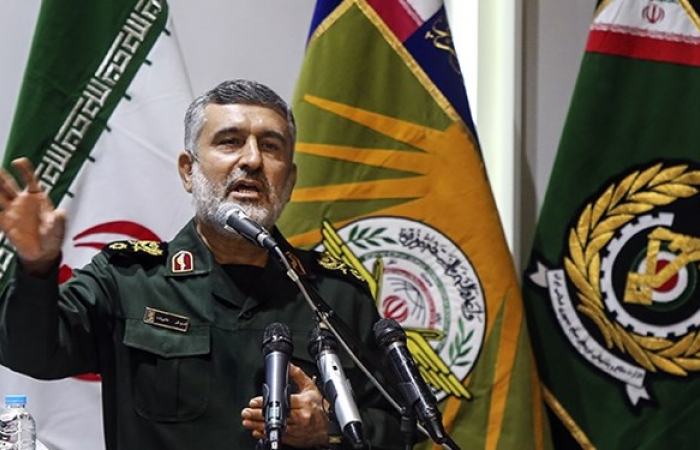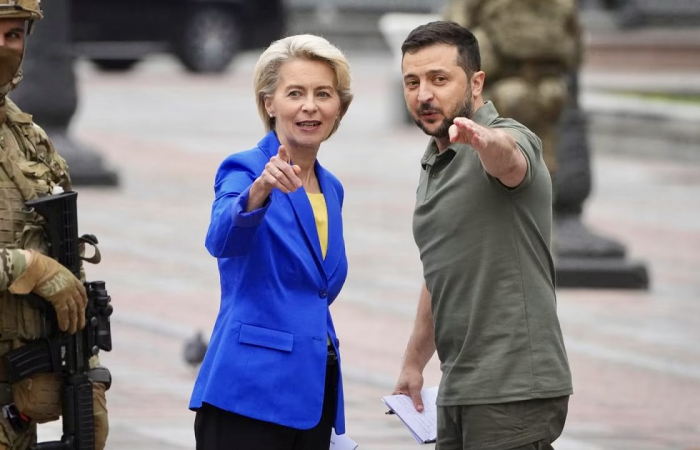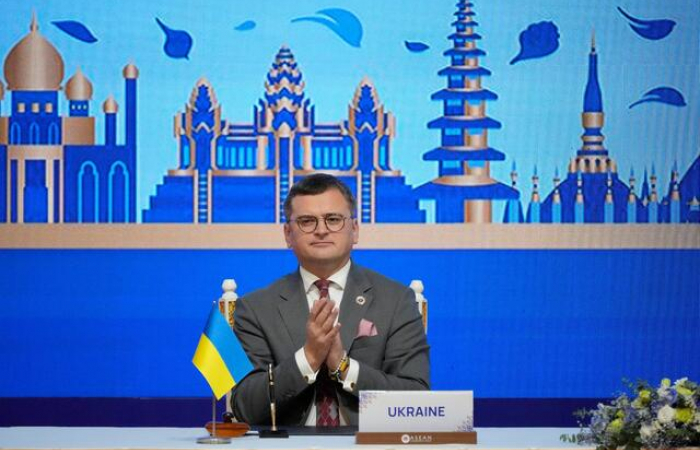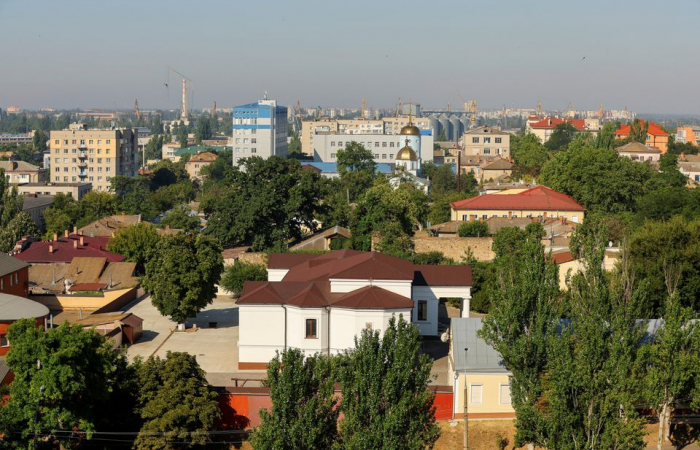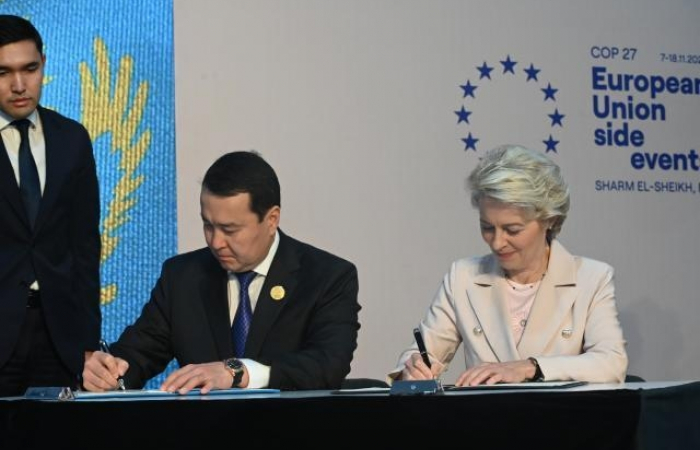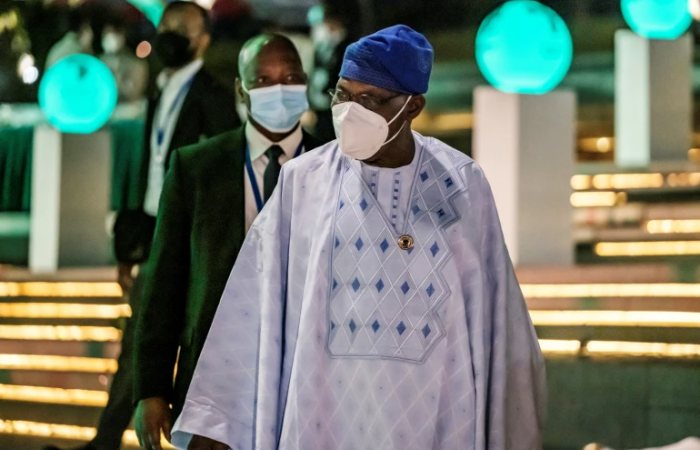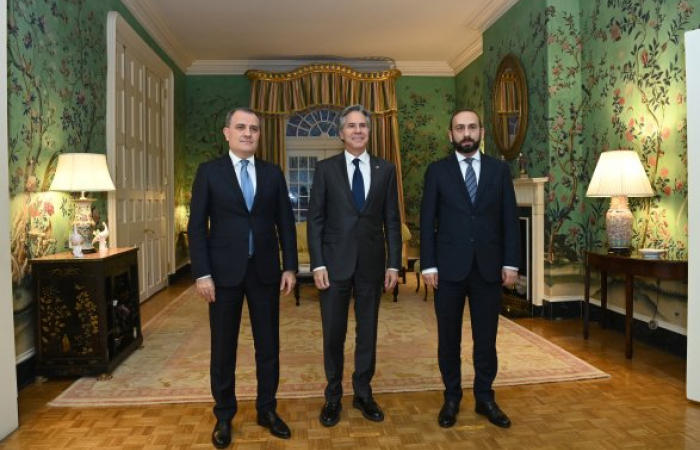Trending
Did Russia give Iran the technology for a hypersonic ballistic missile?
11 November 2022
Iran has announced that it has developed a hypersonic ballistic missile
Iran’s Fars news agency quoted the Islamic Revolution Guards Corps (IRGC) Aerospace Commander Brigadier General Amir Ali Hajizadeh as saying on Thursday (10 November) that the country has manufactured a hypersonic ballistic missile with advanced technologies that can penetrate all types of advanced air defence systems.
Speaking to reporters Brig. Gen. Hajizadeh said “The missile can target the enemy’s anti-missile systems and is a great generational leap in the missile field”. “I don’t think any technology would be found for tens of years capable of countering it,” the IRGC commander declared.
The announcement appears to have taken defence analysts by surprise, and concern has been expressed in different quarters
Hypersonic missiles can deliver nuclear weapons in the same way as traditional ballistic missiles, but they can fly at more than five times the speed of sound and are highly maneuverable, making them impossible to track and defend against. Unlike ballistic missiles, hypersonic missiles fly on a low trajectory in the atmosphere, and are able to reach targets more quickly. Several countries have developed systems designed to defend against cruise and ballistic missiles, but the ability to track and take down a hypersonic missile remains elusive.
Iran’s claim to have developed such a missile raises the question of where Tehran obtained the technology.



